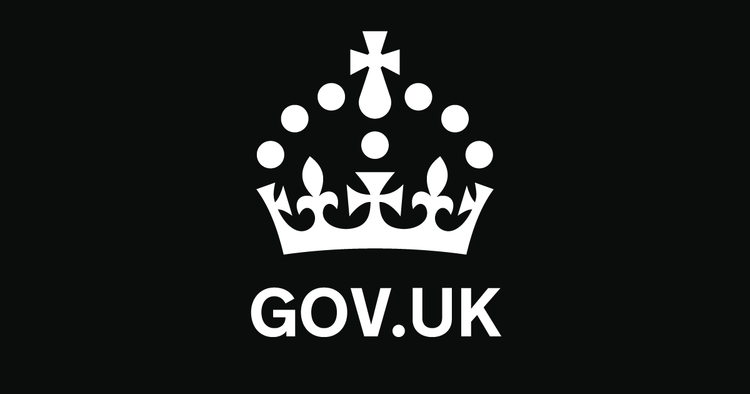Media merger laws to be modernised for the digital age

The proposal aims to expand the authority to review media mergers to include online news platforms and news magazines. This initiative builds on current regulations that are already in place for television, radio, and some newspapers.
Culture Secretary Lisa Nandy has revealed intentions to expand the UK's media mergers framework. This update aims to align it with digital trends in news consumption, ensuring better safeguarding of media independence and diversity.
The new proposals aim to enhance oversight of transactions involving the purchase of UK online news outlets and magazines, which could negatively affect accurate reporting, freedom of speech, and diversity in media. This will expand the current regulations, which primarily focus on television, radio, and print newspapers.
At present, the media mergers framework established by the Enterprise Act 2002 permits the Culture Secretary to take action regarding mergers and acquisitions involving broadcasters (which are services that need a license under the Broadcasting Act 1996), as well as daily and Sunday newspapers in the UK, along with local magazines that primarily distribute within the UK.
The media environment has undergone major changes since the Enterprise Act was enacted over twenty years ago. To address how news is now primarily accessed online and to uphold press freedom as a fundamental element of democracy, the Culture Secretary has today announced a consultation to gather opinions on broadening the media mergers regulations to cover online news outlets as well as weekly or monthly print publications.
The Culture Secretary, Lisa Nandy, stated:
Since the media merger regulations were established over twenty years ago, our legislation has struggled to keep up with advancements in technology and the changing ways people consume news.
As more people turn to the internet for their news, we must implement a system that can withstand future challenges. Therefore, I suggest additional changes to safeguard the access to reliable, high-quality news from diverse sources, making sure that media freedom remains protected.
Mergers involving companies that operate online news outlets linked to the UK, like solely online news platforms such as HuffPost or The Independent, as well as the digital divisions of traditional print publications, would now fall under media merger regulations. This change allows the Culture Secretary to step in on a merger if it meets specific criteria regarding revenue or market share and if there are concerns related to public interest. Ofcom's yearly report on news consumption in the UK indicates that about 22% of UK adults read news through print newspapers, a figure that rises to 34% when including digital formats.
The consultation suggests that weekly and monthly news outlets, like The Economist and Prospect, should also be included in the regulations. This change aims to ensure that the law is relevant and aligns with how people actually consume news, especially since daily, local, and Sunday publications are already accounted for.
These steps would help protect the public's interest in popular news outlets throughout the UK. They would allow the Culture Secretary to step in when needed to maintain access to diverse, reliable, and high-quality news, especially for younger audiences as technology and news consumption trends change.
Once the consultation process is complete, any changes to the Enterprise Act will be implemented through secondary legislation. The plan to include online news platforms will affect both the regulations governing public interest media mergers and the new rules regarding foreign state influence. Importantly, these new powers will not apply to previous transactions.
The suggested changes aim for a balanced strategy that aligns with how people access news today, while avoiding excessive burdens on companies. These reforms are based on recommendations from Ofcom, the independent regulator, during its mandatory assessment of media ownership guidelines. Importantly, they do not include any oversight of the editorial content produced by news organizations.
The UK has a solid history of promoting investment, which has played a vital role in the growth of the media and creative sectors. The current government is committed to maintaining this approach, safeguarding free speech, and establishing a strong foundation that supports diverse media options.









































